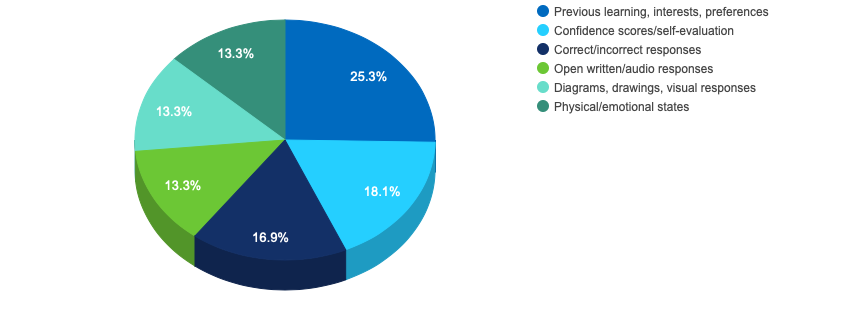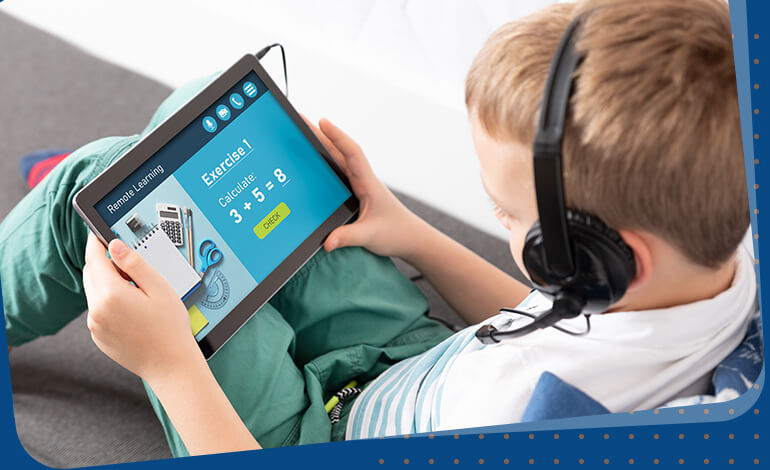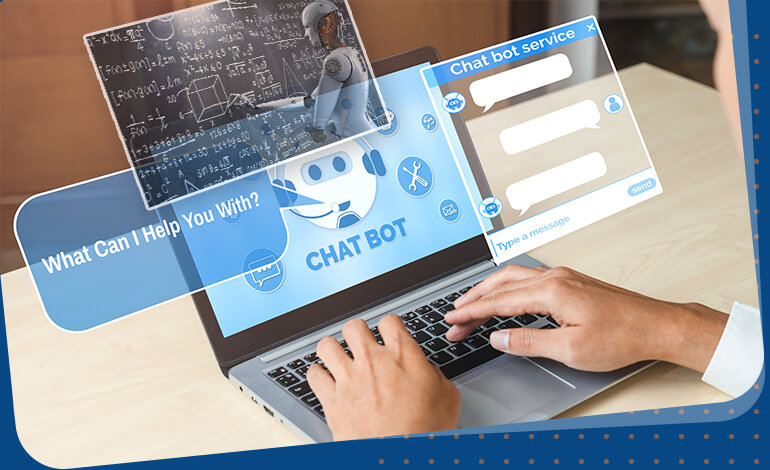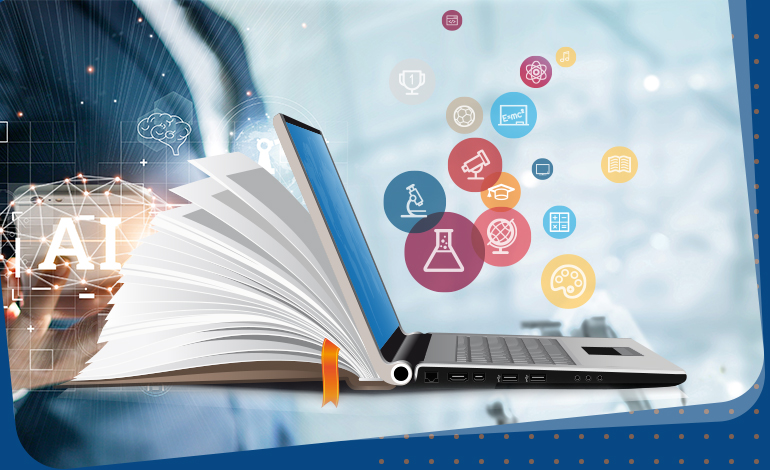Personalized Learning: 4 Key Takeaways from SHAPE Education Event
On 1 March 2022, our CEO Vivek Agarwal participated in a session on What do you mean ‘personalised learning’? that explored the value personalization can bring to learning, both in terms of an individual’s learning journey and on education as a whole.
SHAPE Education, a joint initiative from Cambridge University Press and Cambridge Business School, organized it as part of its series of bite-size SHAPE Live events spotlighting key challenges and opportunities in the EdTech sector. Rosina Dorelli, founder and director of DaVinci Life Skills, a Cambridge-based organization, was the other speaker who spoke at this event.
Here’s a quick recap of four key takeaways from this event
1. Extensive data analysis with a combination of data points is key
Advanced and systematic data collection techniques through AI have enabled faster dissemination of insights. However, the biggest challenge is gauging what the learner wants to do, which isn’t always easy. Liqvid uses extensive statistics – deep math, linear equations, clustering – to create forecasting for personalization of the learning paths. Extensive data analysis is going to be the key.
2. Learning has an emotional tangent
Decision-making is not all raw data; it’s also cognitive. Vivek recalled the example of his daughter picking up things quickly when she’s more inclined or in a good mood. Emotions clearly play a big part. The eLearning design must factor in that.
3. Curriculum must be a mix of tech and socio-emotional attributes
The one-size-fits-all model doesn’t work. The question is, does our current education system really prepare students with all the skills that they need in life? DaVinci Life Skills is building a showcase model for the future of education based on Biophilic design, which focuses on educating learners creatively, ethically, and sustainably.
4. Dictatorship in education must go
There is a lot of dictatorship in education right now. The question is, what is enough for personalization – give the learners what we think is best for them or entrust them with a sense of control over their learning? Rosina feels a sense of self-motivation is very important. Vivek gave an interesting example of a project where they are leveraging technology to personalize learning by giving students different sets of automated questions for home assignments based on the assessment done by teachers.
Poll Results and Audience Questions
Earlier in the event, a poll was conducted to ask the attendees which types of data they think are most important for personalizing learning. Just over a quarter of respondents picked previous learning, interests, and preferences, followed by confidence scores/self-evaluation as important data points for personalizing learning.

Vivek and Rosina shared their perspectives on a range of interesting questions. Here are two that stood out to us:
Why are some learners are more engaged than others?
To the question of whether there is evidence of the data suggesting why some learners are more engaged than others, Vivek shared Liqvid’s approach, which is to look at the course usage patterns, create a hypothesis, and test it on data. Once the pilot is successful, we expand the data pool and based on the feedback, deploy solutions at scale. So, there is plenty of evidence for achieving a learning model with a high level of engagement.
Should the learners be given what they prefer, or should it be what they need?
Rosina feels completely democratizing learning for students right now won’t be the right way as it’d create a lot of pressure on students as well as teachers. She believes schools must allow students to fail so and then get back up again to achieve that sense of self-achievement.
Summing up
The event concluded with the question on the problem that both speakers haven’t been able to solve yet and what help they would need in order to do so. Rosina said her priority is the model of teacher training they are pursuing right now to empower students to create their own learning objectives for effective personalized learning while, Vivek says the next big challenge would obviously be ensuring how each learner can leverage technology to learn the way they like!
Watch the complete recording for more insights!
BONUS READ: Why is personalized learning so critical today, and how does AI help create personalized learning experiences.



